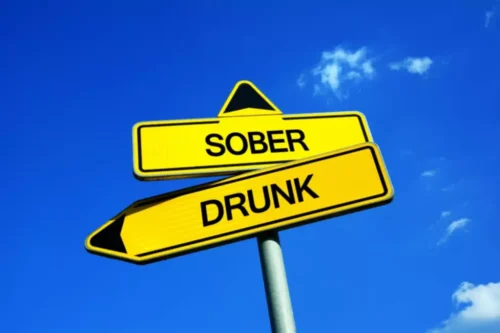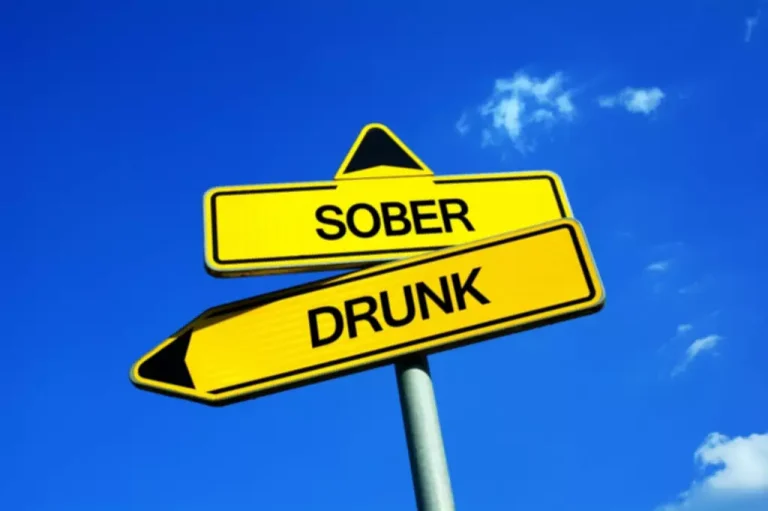Alcohol-related brain damage ARBD: what is it and who gets it?

Talk with a doctor if you or a loved one experiences these signs or symptoms. On that day, I provided cupcakes for my mother to share with staff and other patients. I introduce you to the love of my life, my mother Dorothy and son Robert. Before COVID, my visits routinely consisted of seeing my mother 3 x times a day, 7 days a week. For example, on my way to work, during my lunch break and on the way home.

What is Alcoholic Dementia?
They will determine if a patient’s health status is consistent with the effects of substance misuse. A doctor may consider other causes of the symptoms if the person does not show any signs of improvement. An individual may also need assistive technology and other modifications to help them with everyday tasks.
- Someone who is drinking may also forget how much alcohol they have consumed, increasing the risk of alcohol poisoning.
- In the second part, we will present the results of a systematic literature search we conducted.
- Long-term alcohol consumption may cause you to suffer the symptoms of alcohol withdrawal, which include agitation, mood swings, and confusion.
- This is known as alcohol-related brain damage (ARBD) or alcohol-related brain injury (ARBI).
Epidemiological Studies of Electronic Health Data
- At Healthgrades, our Editorial Team works hard to develop complete, objective and meaningful health information to help people choose the right doctor, right hospital and right care.
- Alcohol use disorder (AUD), formerly known as alcoholism, may lead to various health complications.
- Some of the common symptoms of alcohol-related ‘dementia’ may make it harder for a person to take part in an alcohol treatment programme.
- A lot of the brain damage that is caused by alcohol happens because it prevents the body from getting enough thiamine (vitamin B1).
- They may also ask you to complete a questionnaire about symptoms related to your memory and cognitive abilities.
- It can lead to dementia-like symptoms, including memory loss, erratic mood, and poor judgment.
Both increase their risk of having a stroke (when the brain does not get enough oxygen and is damaged). ARBD is caused by a person regularly drinking or binge-drinking much more alcohol than the recommended limit. Alcohol can damage the brain in several different ways, but the most common are the following. Those whose daily alcohol consumption was three units or more during the preceding month showed losses in both gray and white matter in their brains, making their brains appear three and a half years older.
Signs of Wernicke-Korsakoff Syndrome or Alcohol Dementia

Over time, drinking too much alcohol can cause brain cells to die and a person’s brain tissue to shrink. This means there are fewer cells to carry the messages that the brain needs to do different tasks. If a person regularly drinks much more than the recommended limit of alcohol, it can damage their brain. It causes their memory and ability to think clearly to get worse over time, especially if the person drinks too much over many years. You may also have a brain scan, depending on your symptoms, to rule out other possible causes of bleeding in the brain, such as a tumor, stroke, or physical damage.
What Are the Signs of Pancreatitis from Alcohol?
Neither of these are actual types of dementia, because you cannot get better from dementia, and there is some chance of recovery in both of these conditions. Once the withdrawal process is complete, you will most likely be sent to a mental health specialist for additional assistance. Joining a support group during this phase of treatment might also be beneficial.When you stop drinking, your symptoms often cease getting worse and often become better.
Thiamine is essential for brain health and a thiamine deficiency can lead to permanent brain damage. Most research indicates that moderate drinking has very little negative impact on health and is considered beneficial for cardiac health. Moderate drinking is defined as less than two drinks for men and less than one drink for women per day.
- It’s caused by a deficiency in thiamine, which can lead to symptoms of dementia.
- They are at risk of more serious brain damage unless they stop drinking.
- People may start to forget family members and close friends, and may find it harder to communicate.
- A notable aspect of alcoholic dementia is the impact on the frontal lobes of the brain, which are crucial for planning, controlling impulses, and executing tasks.
Abstinence of up to one year is linked with improved attention, working memory, and problem-solving abilities. However, learning and short-term memory impairments may be more difficult to reverse even with abstinence. Early treatment is the key to successfully treating alcohol-related dementia. If caught early enough, patients with the more general type of ARD can significantly improve their condition by quitting alcohol and eating a can alcohol cause dementia balanced diet.

There is some debateabout whether alcohol use increases the risk of developing Alzheimer’s disease at all, or whether it increases the chance that it will occur at an earlier age than it usually would. While this matter has not been fully settled, most experts agree that heavy drinkers have a higher risk of developing Alzheimer’s disease. The life expectancy of someone with Wernicke-Korsakoff syndrome tends to be shorter than the average individual. This may be due to the condition itself, but it is also influenced by the fact that most people who develop this condition have used alcohol heavily, creating additional health problems.
Alcohol-related brain damage (ARBD) is a brain disorder which covers several different conditions including Wernicke-Korsakoff syndrome and alcohol-related dementia. It is caused by regularly drinking too much alcohol over several years. A large-scale study that followed participants for 27 years found moderate alcohol consumption — defined as one to two drinks a few days a week — didn’t have an increased risk of dementia. Additionally, many older people also experience a slow degeneration of the cells in the hippocampus. But when you add the effects of heavy alcohol use, memory loss can be very serious.



